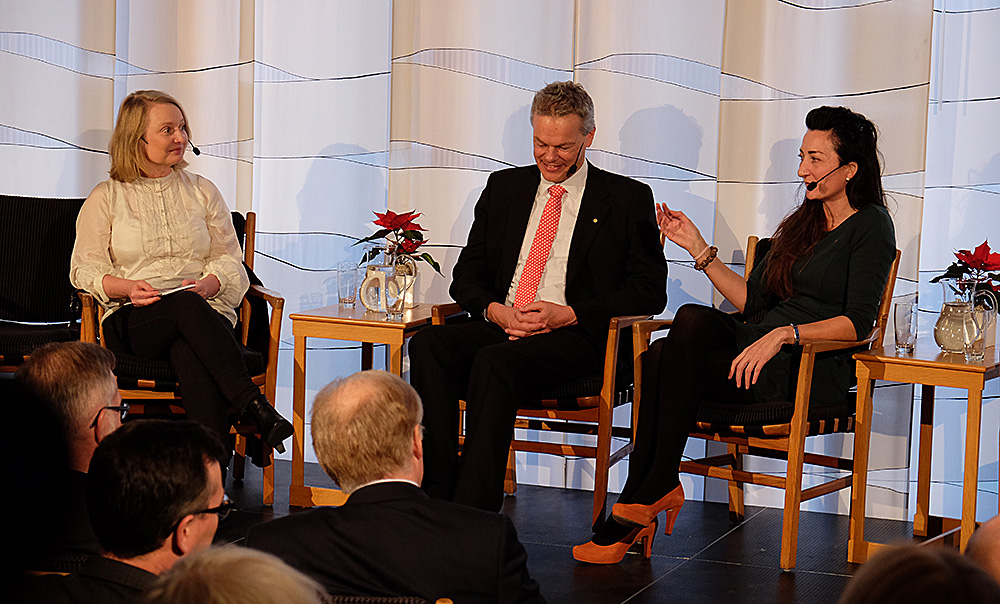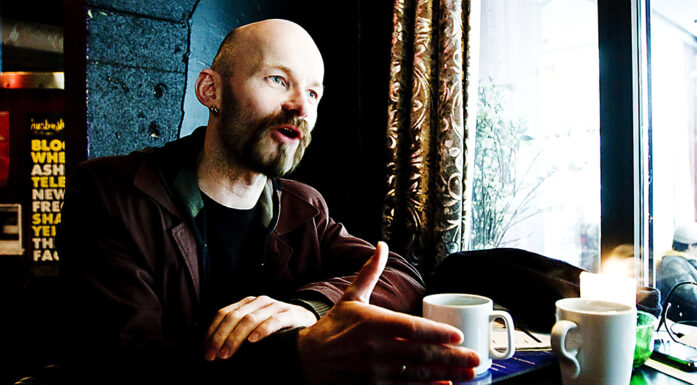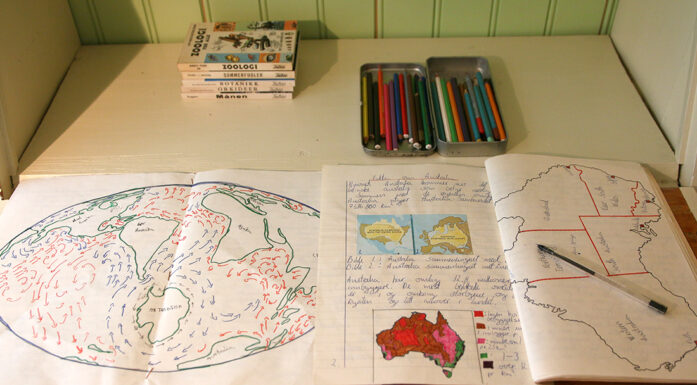Important to cultivate young academic talents
2014 NOBEL PRIZE: Teachers need to recognize students who burn with curiosity and cultivate that inquisitiveness, 2014 Nobel Laureates May-Britt and Edvard Moser said Monday in a special panel discussion on Science in Scandinavia organized by the Norwegian Embassy in Stockholm.
How can small Scandinavian countries like Norway and Sweden be competitive in the global knowledge society? The question came on Monday of Nobel Week in Stockholm, when the Norwegian Embassy hosted a conversation between the Nobel Laureates May-Britt and Edvard Moser and the Swedish science journalist Karin Bojs, Honorary Doctor at Stockholm University and former Science Editor of “Dagens Nyheter”.
The event also featured a panel discussion with the Mosers and rectors from a number of Scandinavian universities, including Rector Gunnar Bovim from NTNU, along with people from Norwegian and Swedish academia.
The Mosers say it’s not so much a matter of having elite schools, but of fostering teachers who can recognize and encourage students with exceptional talents.
“We come from families with dreams, but not so many successes. My parents wanted an education, but could not go to university because of the war. My parents gave me many books, but I did not know anyone who had a university education. There was a strength in the sense that we had to have our own ideas,” said Edvard Moser.
The debate over PISA
Bojs raised the question of how Scandinavian schools can be more competitive because the PISA results for Swedish children have been declining in recent years. PISA is a test of European 15-year-olds’ competencies in mathematics, reading and science and, in some countries, problem solving and financial literacy.
The panel discussion addressed how Norway and Sweden can improve their global competitiveness by developing and retaining more talents in Scandinavia. Both May-Britt and Edvard Moser stressed the importance of skilled teachers in school.
Free to ask stupid questions
“All children are born with stars in their eyes, and they are curious. It is important for teachers to be careful not to kill this curiosity. A lot can go wrong. Children can be teased, even by teachers,” May-Britt Moser said. “It is so important to allow children to bloom and to be driven by their curiosity. I was the youngest child. I got to be myself and ask stupid questions because I was the youngest. It is so important to listen to the questions children have, and reward them for the wondrous questions they ask.”
Edvard Moser added that if schools are going to cultivate and encourage academic talents, teachers must be allowed to teach differently to different students.
Could have easily been bored
“When I was a schoolchild there was no differentiation in the way students were taught. I went to good schools, but I had to do the same thing as everyone else,” said Edvard Moser. “I was motivated on my own, so everything went fine, but it could have been boring because I was ahead of other students in many subjects. I believe that if we want to cultivate academic talents, we need to allow teachers to differentiate between students. The Norwegian school system must have enough resources so that teachers can work with kids at different levels.”
But neither Edvard nor May-Britt Moser sees the need for elite schools.
Teachers who can motivate
May-Britt Moser says instead of special, elite schools, the Norwegian school system should try to make sure there are teachers in each school who can motivate kids.
“These could be professors from universities, for example. Children need teachers who have stars in their eyes themselves, and who treat them with respect,” she said.
NTNU Rector Gunnar Bovim NTNU added that it is important to let people feel free to be ambitious, no matter where their ambitions lie.
“We have to give people permission to be ambitious,” he said. “Athletes are allowed to be ambitious, but it is un-Norwegian to allow people to have intellectual ambitions. We have to allow people with intellectual ambitions to bloom.”





